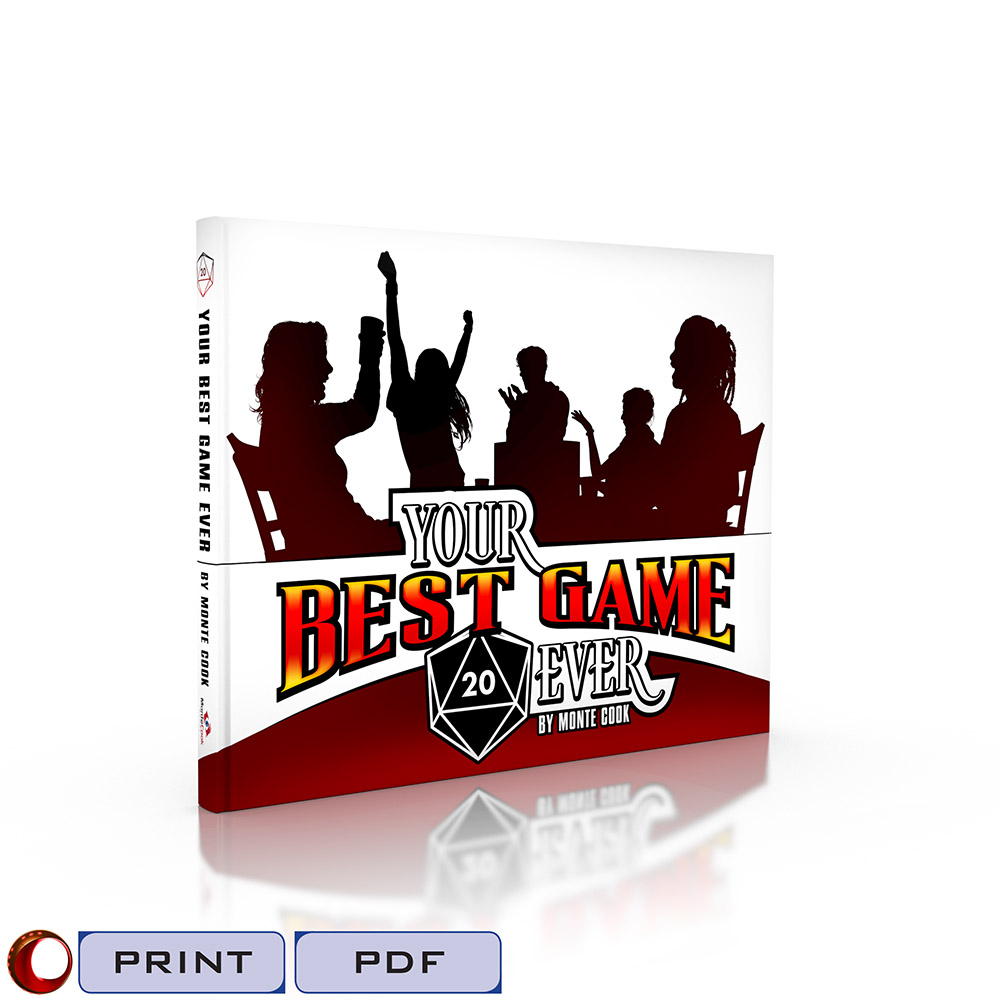Hi all!
First of all, notice that this thread is crossposted from reddit. I had one nice response about the Alexandrian blog.
Recentely I had an letdown experience DMing that would have been avoidable if I was a more experienced DM. Nothing serious, but started in me a tought. Till now, I've runned low level adventures, and now my PCs starts having pretty good levels (one campaign 8, other one 10), meaning good spells and good magical items. The good advice of "always keeping under your eyes the PC character sheets" was stated once in the Lazy DM book, and I just forgotten it. I had to learn by experience. Then I considered: the DMG is a good book to design stories and worlds (more or less), and some good additional rules to run the game. But it is not a good book about "designing the game" (yes, there some, but they are not that much complete).
I'm a fan of Lazy DMs series by Mike Shea, they really help you designing the story less as a predetermined "novel" format (like DMG) and a more iterative way using players agency. And pretty useful tables too. Loving the Monsters Knows series too.
But still, no high level running advice. I don't know if I can explain what I'm looking for. It is something I can put togheter my D&D books that helps someone developing DM skills (togheter with experience, of course) good for all the 20 levels of the game.
Thank you for your replies
First of all, notice that this thread is crossposted from reddit. I had one nice response about the Alexandrian blog.
Recentely I had an letdown experience DMing that would have been avoidable if I was a more experienced DM. Nothing serious, but started in me a tought. Till now, I've runned low level adventures, and now my PCs starts having pretty good levels (one campaign 8, other one 10), meaning good spells and good magical items. The good advice of "always keeping under your eyes the PC character sheets" was stated once in the Lazy DM book, and I just forgotten it. I had to learn by experience. Then I considered: the DMG is a good book to design stories and worlds (more or less), and some good additional rules to run the game. But it is not a good book about "designing the game" (yes, there some, but they are not that much complete).
I'm a fan of Lazy DMs series by Mike Shea, they really help you designing the story less as a predetermined "novel" format (like DMG) and a more iterative way using players agency. And pretty useful tables too. Loving the Monsters Knows series too.
But still, no high level running advice. I don't know if I can explain what I'm looking for. It is something I can put togheter my D&D books that helps someone developing DM skills (togheter with experience, of course) good for all the 20 levels of the game.
Thank you for your replies



